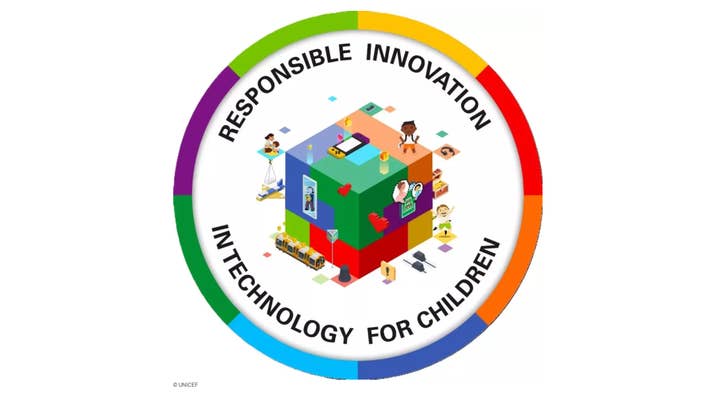Lego and UNICEF introduce a new game design toolkit aimed at enhancing children's wellbeing in digital play

UNICEF and Lego have introduced a new set of design protocols aimed at enhancing children's wellbeing in digital gaming environments.
The Responsible Innovation in Technology for Children (RITEC) toolbox is crafted for game creators, offering "practical tools to build digital play experiences that thoughtfully consider wellbeing."
This initiative, a joint research effort by the Lego Group and UNICEF, engaged over 780 children across 18 nations, revealing that digital games can benefit children's wellbeing. The study was conducted in collaboration with Western Sydney University, University of Sheffield, New York University, City University New York, and Queensland University of Technology.
"If designed well, games can help children to regulate their emotions, feel connected to others, and find joy"
The toolbox features guidelines focused on eight "wellbeing outcomes" from digital play: autonomy, competence, emotional control, social bonds, creativity, personal identity, diversity, equity & inclusion, and safety & security.
These components, called the RITEC-8 framework, were developed in collaboration with over 35 gaming firms from 15 countries.
"Designing for wellbeing enables children to have a sense of control, choose freely, and achieve mastery and accomplishment," the platform emphasized. "Well-crafted games can also assist children in managing their emotions, feeling social connections, and discovering joy through creation and exploration. Such experiences are crucial for their wellbeing and can contribute to their development."
The RITEC toolbox additionally includes "a summary for executives outlining the advantages of designing for wellbeing" and "a common vocabulary for game designers to discuss children's wellbeing needs and online gaming features enhancing this," among other tools.
All these materials are freely accessible and available on UNICEF's website.